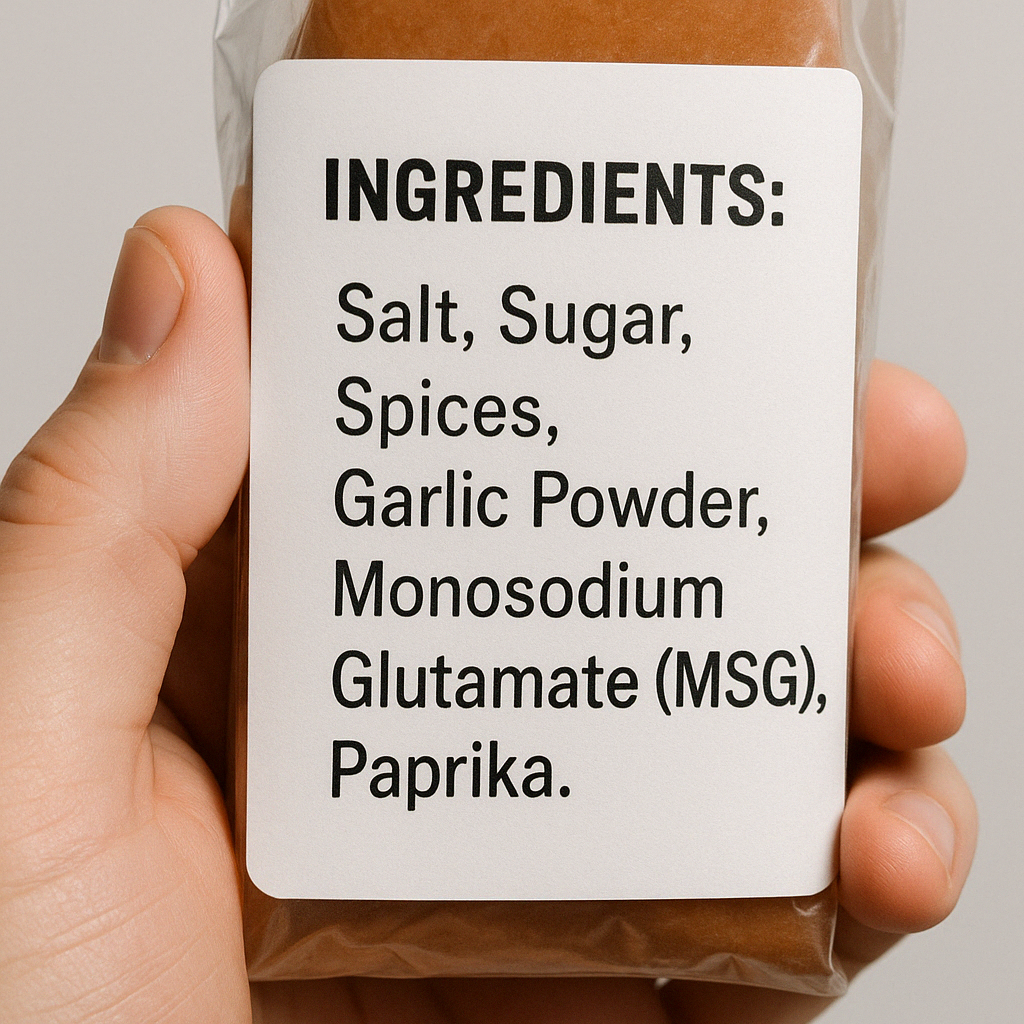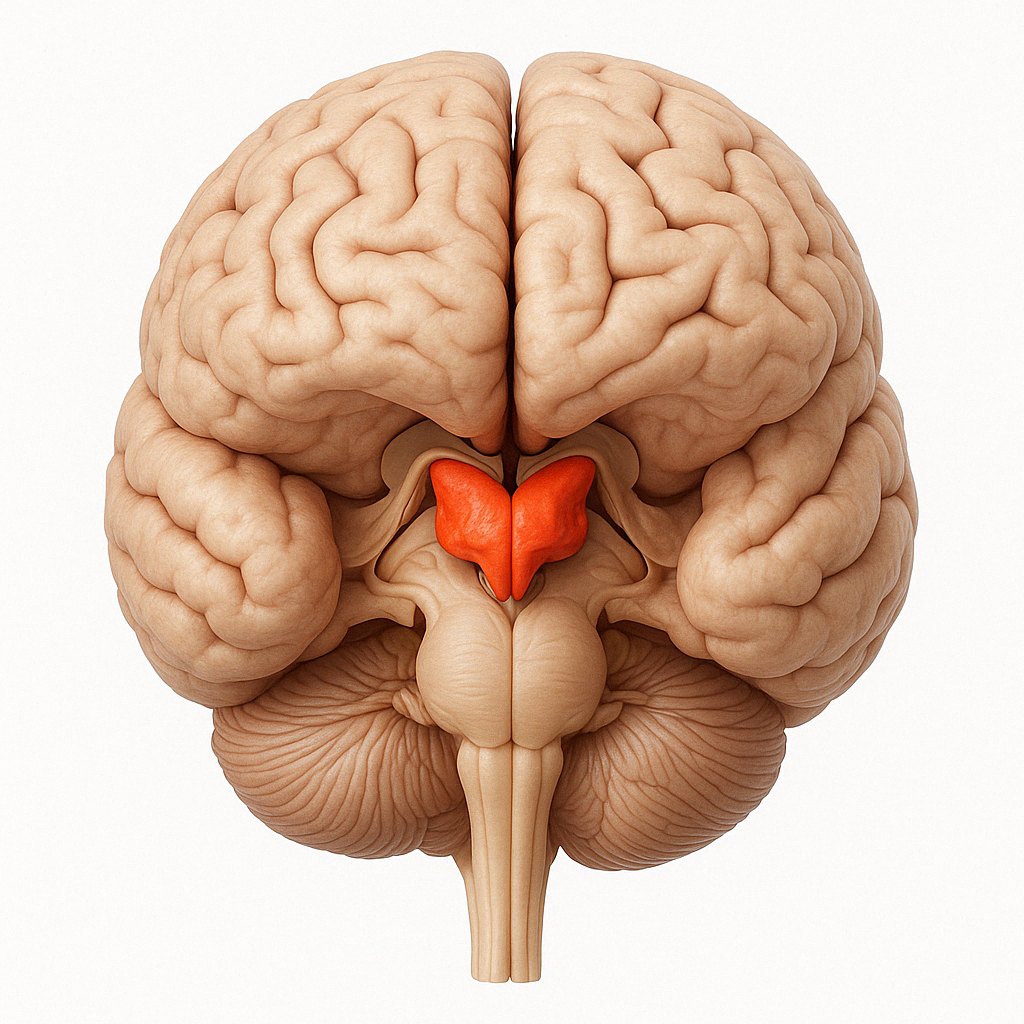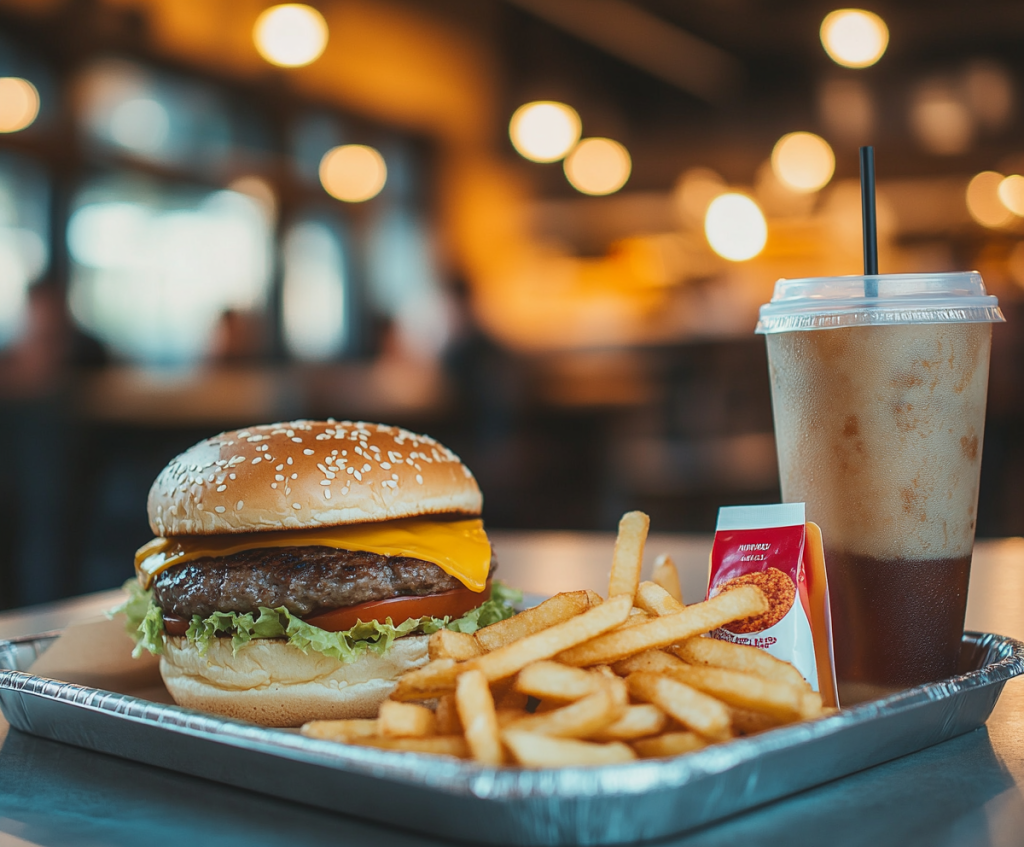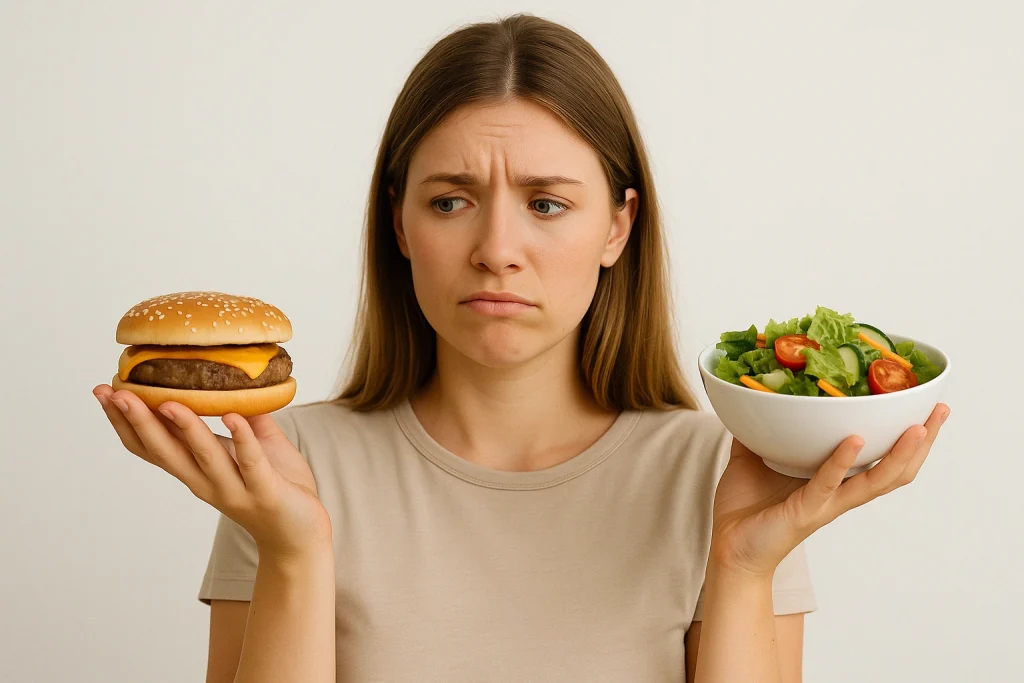The Truth About MSG: Is It Really Safe?
It’s FDA-Approved… but That’s Not the Whole Story
So, yeah, MSG—or monosodium glutamate—is technically labeled as GRAS, meaning “generally recognized as safe.” Sounds reassuring, right? And sure, some folks have heard of that so-called “Chinese restaurant syndrome,” where eating food with MSG might give you headaches or make you feel kind of dizzy. But apparently, Wikipedia says that’s all just anecdotal stuff and not backed by strong research.
What Science Actually Says (and Doesn’t Say)
There’s not much credible evidence proving MSG causes harm in moderate amounts. Most reports? They’re kinda based on personal stories. So yeah, nothing super concrete. Which, honestly, is cool for people who love that savory umami blast MSG brings to the table.

Animal Studies Reveal MSG’s Link to Obesity
MSG Is Used to Fatten Lab Animals—Why?
Here’s where things start to get kinda sketchy. Scientists literally use MSG to make lab rats obese. Yeah, seriously. Not just chubby—like, full-on metabolic syndrome level. The rats end up with belly fat, fatty livers, insulin resistance… all that rough stuff.
The Hypothalamus Connection
So what’s happening here? Apparently, MSG overstimulates the hypothalamus—the brain’s command center for hunger and metabolism. It doesn’t just make you hungry—it kind of breaks the part of the brain that knows when you’re full. And that’s not even all. It can throw off fertility and a whole bunch of hormonal stuff, too.

Where MSG Hides in Your Diet
How Much Are We Really Eating?
Here’s something wild—the average daily intake of MSG ranges from 590 mg to over 2,000 mg. But walk into a restaurant? You might end up eating more than 5,000 mg in one sitting. And the worst part? That’s just the labeled MSG. A bunch of it is hidden behind other ingredient names, like hydrolyzed vegetable protein or even “natural flavorings.”
MSG + Carbs = Big Trouble
Interestingly, MSG on its own is already potent—but toss in some carbs? The effects can seriously amplify. And most of the studies saying MSG is safe? Funded by the food industry. That’s like grading your own test, right?

MSG vs. Natural Glutamate: What’s the Difference?
The “It’s in Nature” Argument Is Misleading
Alright, so one of the biggest defenses of MSG is that it’s natural. It’s found in tomatoes, seaweed, cheese—all the good stuff. But here’s the twist: the industrial version isn’t the same. See, lab-made MSG is in a “free” glutamate form, which your body absorbs super fast—like rocket-ship speed compared to glutamate found in whole foods.
The Glutamate Loophole
Just like with high fructose corn syrup vs. fruit, free glutamate hits your system differently. And yeah, there’s a labeling loophole too—if there’s less than 0.5g of MSG in a serving, they don’t have to list it. So, we’re all probably eating way more of it than we think.
Common Foods Loaded with MSG
Your Favorite Snacks Might Be the Culprit
Think: instant noodles, chips with flavor dust, canned soups, bouillon cubes (good luck finding one without MSG), processed meats, fast food burgers, frozen dinners—basically anything that makes you go “Mmm!” probably has some MSG magic in it. Even stuff like salad dressings and gravy packets sneak it in.
Crackers and “Natural” Foods? Yup, Still There
It’s not just junk food either—canned veggies, flavored crackers, even certain protein bars have hidden forms of glutamate, especially if they use soy protein isolate or milk protein ingredients. So, if you’re feeling weird a few hours after eating? That could be the glutamate kicking in later.

How MSG Affects Your Brain and Body
Why It Could Be More Than Just Weight Gain
The hypothalamus damage isn’t just about gaining fat. It can mess with your mood, your sleep, and even cause allergy-like symptoms. Some people report feeling irritable, dizzy, or getting headaches after eating MSG-heavy meals. And what’s worse—it doesn’t always hit right away. Sometimes, you feel it the next day, which makes it even trickier to connect the dots.
Protecting Your Health: Tips to Avoid MSG
Check the Labels, Trust Your Body
Look, no one’s saying you need to go full-on paranoid. But just maybe, give your body a break from ultra-processed foods for a week or two. See how you feel. You might be surprised. And next time someone tells you “MSG is totally safe because it’s natural,” ask them:
“Where’s the glutamate actually coming from?”
If it’s not from seaweed or tomatoes—it’s probably the kind your body really doesn’t want hanging around.





